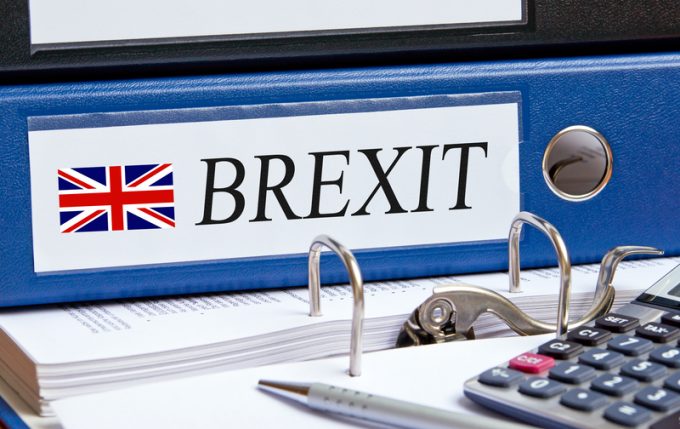Costly import red tape means UK food prices will rise, expert warns
UK food importers are clashing with the government over a threat of inflationary increases to ...

UK Customs is “looking down the barrel of a potential nightmare” as a delay on the requirement to submit declarations nears its end and the country still lacks sufficient resources to cover the backlog.
HMRC announced it would provide a six-month (175-day) delay on declarations for goods imported 1 January-1 July, but with the first batch of delayed declarations due on 25 June, concerns have been raised over the country’s capacity to process them.
“We’re in a situation where we have maybe ...
'It’s healthy competition' Maersk tells forwarders bidding for same business
Transpacific sees first major MSC blanks as rates fall and volumes falter
US shippers slam USTR port fee plan – 'an apocalypse for trade'
Opposition builds for final hearing on US plan to tax Chinese box ship calls
Despite sourcing shifts, 'don't write-off China', says CMA CGM CCO
White House confirms automotive tariffs – 'a disaster for the industry'
Cargo chief quits WestJet as freighter operations cease
New price hikes may slow ocean spot rate slide – but for how long?

Comment on this article